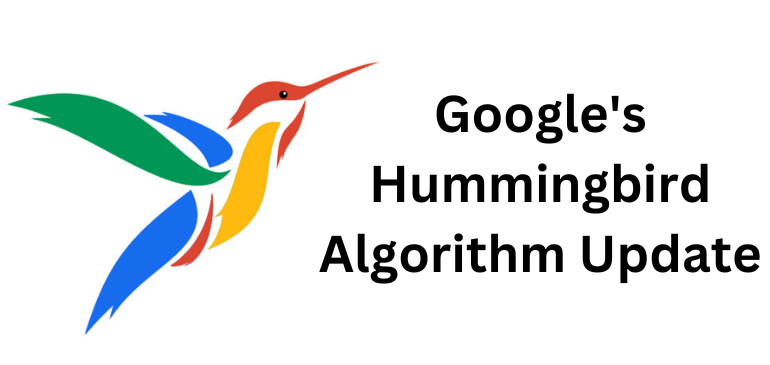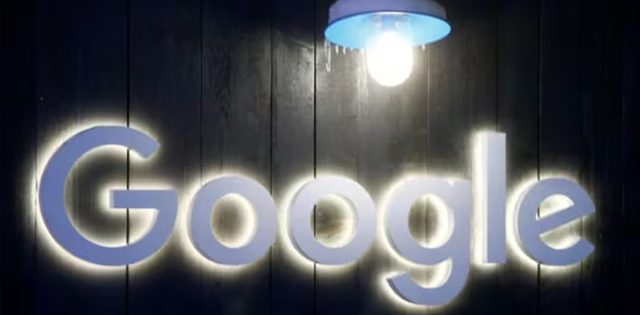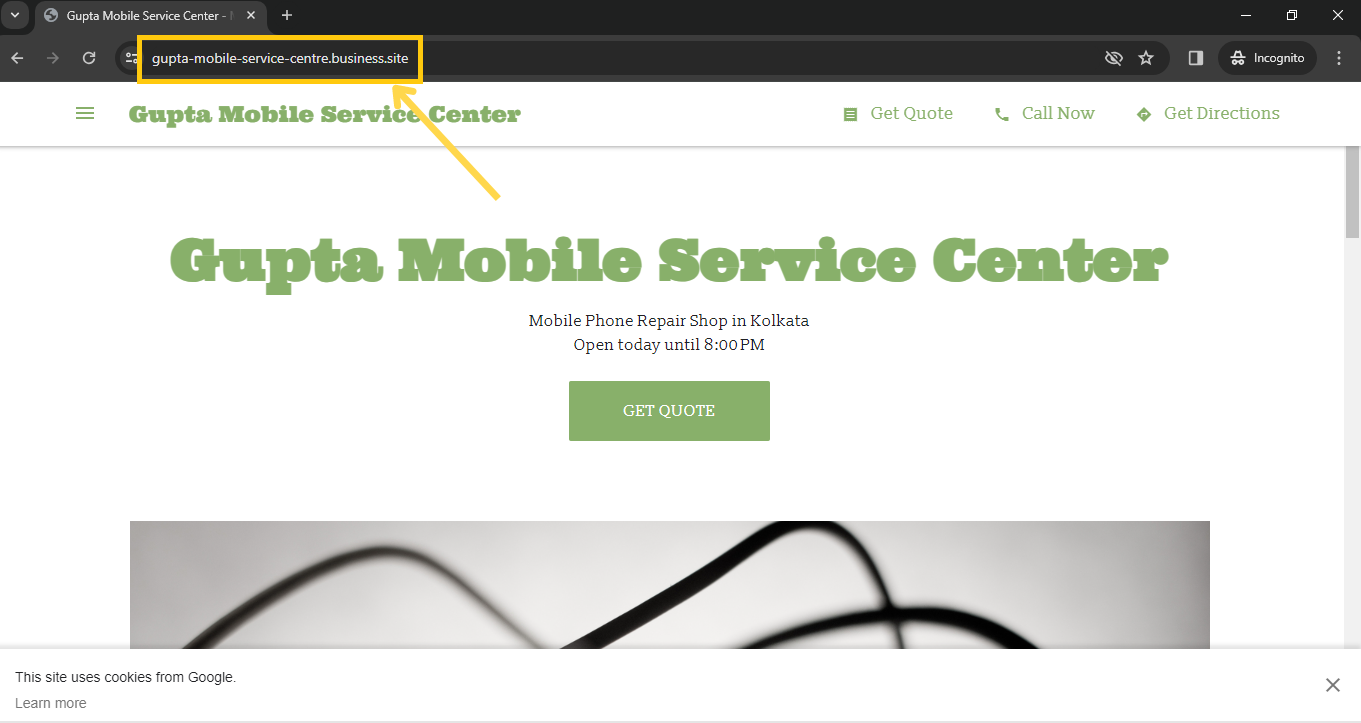
Google Hummingbird Update is a major algorithm change that Google introduced in 2013. It was designed to improve the quality and relevance of Google's search results, especially for natural language queries and conversational search. Hummingbird enabled Google to understand the meaning and context of a query, rather than just matching keywords to web pages.
Google's Hummingbird Update was implemented in August 2013 and announced one month later, in September 2013. It was the biggest change to Google's algorithm since 2001, and it affected about 90% of all searches worldwide.
Google rolled out Hummingbird update to provide better answers to users' queries, especially those that are complex, long, or conversational. Hummingbird was also a response to the growing use of mobile devices and voice search, which require more natural and intuitive ways of searching.
Hummingbird was not just an update, but a complete rewrite of Google's core algorithm. It incorporated some existing features, such as PageRank, Panda, and Penguin, but also added new ones, such as semantic search, knowledge graph, and entity recognition.
Hummingbird aimed to make Google's search engine more human-like, by understanding the intent and meaning behind a query, rather than just matching keywords to web pages. It also looked deeper at the content and structure of web pages, to find the most relevant and useful information for users.
The impact of Google's Hummingbird update varied depending on the site and the query. Some sites saw no change or even an increase in their traffic and rankings, while others saw a decrease or a loss of visibility.
The sites that benefited from Hummingbird update were mostly those that provided high-quality, relevant, and original content for their users. These sites also used natural language and conversational tone in their content, and structured their pages with clear headings, subheadings, bullet points, and images.
The sites that suffered from Hummingbird update were mostly those that used low-quality, spammy, or duplicated content on their pages. These sites also relied heavily on keyword stuffing, exact match domains, or link schemes to rank for certain queries.
The SEOs who were working on sites that benefited from Hummingbird update had to keep up with their best practices and focus on creating user-friendly and engaging content. They also had to optimize their sites for mobile devices and voice search, and use schema markup and rich snippets to enhance their pages.
The SEOs who were working on sites that suffered from Hummingbird update had to rethink their strategies and tactics. They had to remove any web spam techniques from their sites and focus on creating high-quality and relevant content. They also had to use natural language and semantic keywords in their content, and build natural and authoritative links.
Google's Hummingbird update is still relevant in 2023 for SEOs, as it shows that Google is constantly evolving its search engine to provide better answers to users' queries. Natural language processing and conversational search are still important trends in SEO, as more users are using voice assistants and smart devices to search online.
Therefore, SEOs need to be aware of Google's quality guidelines and avoid using any web spam techniques that could harm their sites or their clients' sites. They also need to create high-quality content that answers users' questions and provides value for their niche. They need to use natural language and semantic keywords in their content, and structure their pages with clear headings, subheadings, bullet points, images, videos, etc.
SEOs also need to optimize their sites for mobile devices and voice search, by using responsive design, fast loading speed, secure connection, etc. They need to use schema markup and rich snippets to enhance their pages with additional information, such as ratings, reviews, prices, availability, etc. They need to build natural and authoritative links from relevant sources that can boost their credibility and trustworthiness.

It's not every day that a company makes a leap in the SEO world, but when they do, it's a story worth telling. A bustling ....

Recently, Google announced that they are retiring their seven-year-old Web Light webpage transcoding service that....

Google is discontinuing its webpage transcoding service, which was used to speed up sites on sluggish mobile connections.....

Google is constantly innovating and developing new features and services for its users.....

There were three essentials of human life: food, clothing, and shelter, but with the developing world, now one more element has created its own space in the essentials list, i.e., the Internet. ....

Metaverse Technology—Ever heard of it? Yes? Hearing tech CEOs like Satya Nadela and Mark Zuckerberg talk about it ....

Speak with our SEO Company Experts
Give us a Ring, e-Mail, WhatsApp, or Skype.